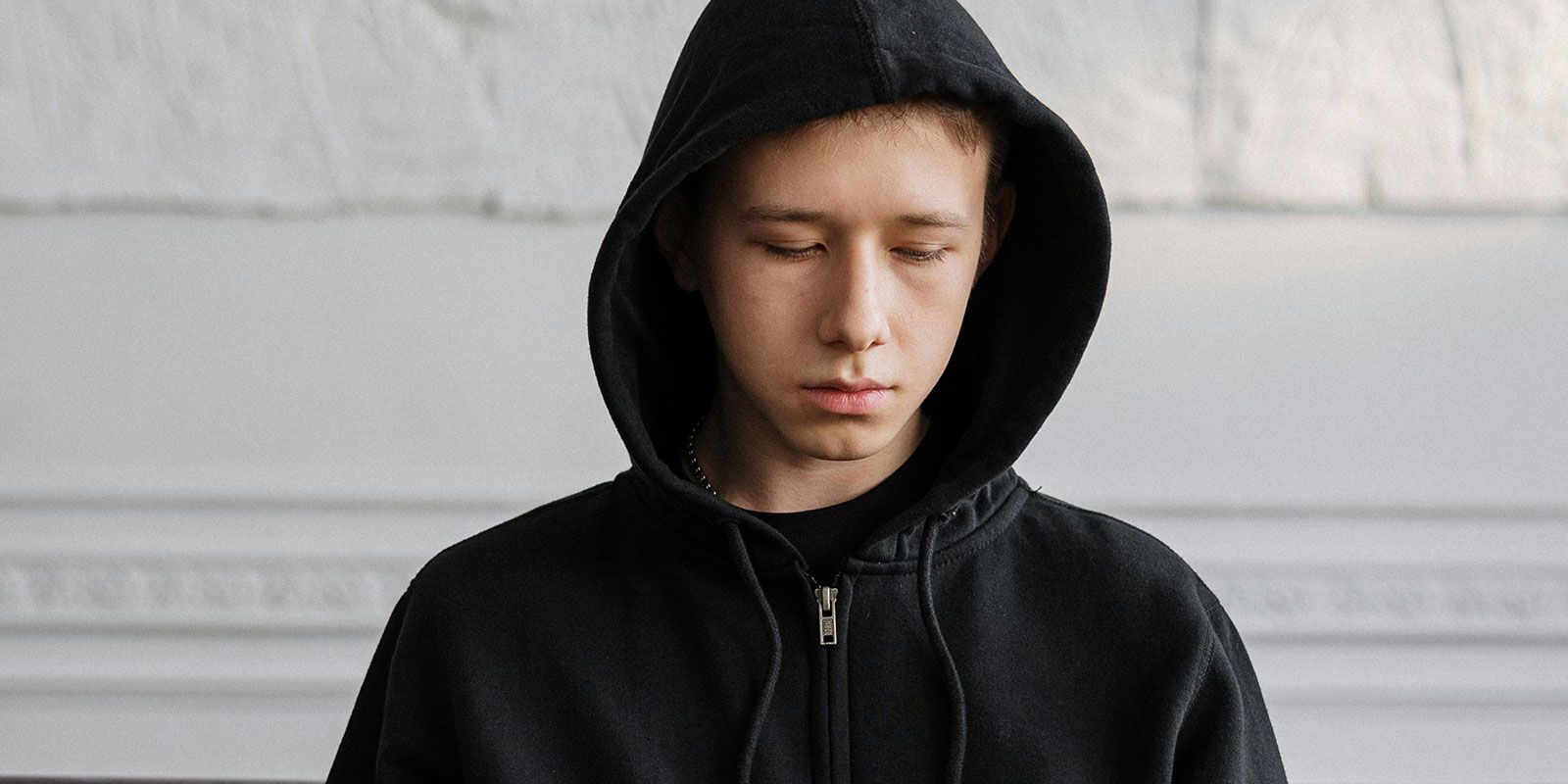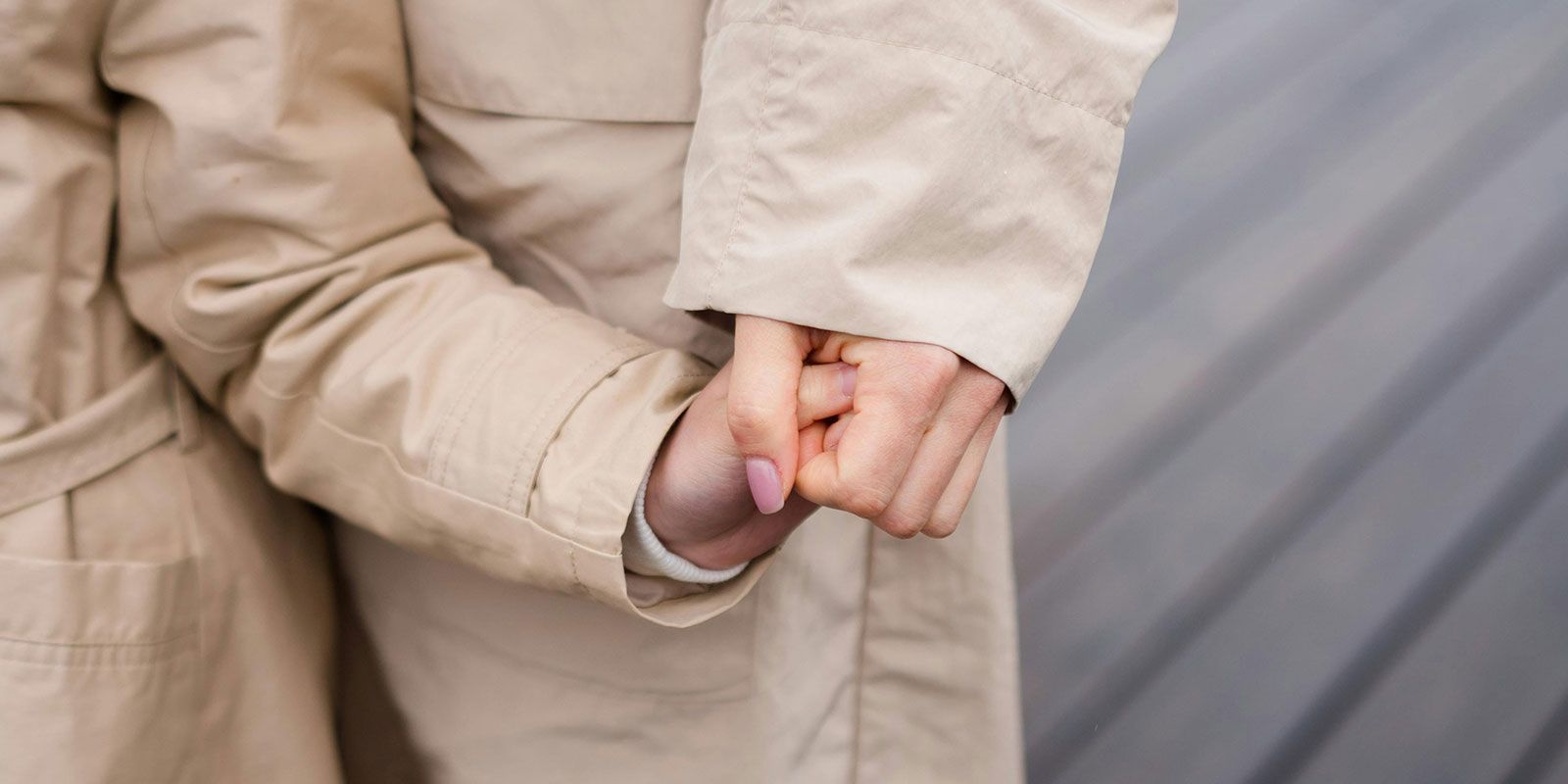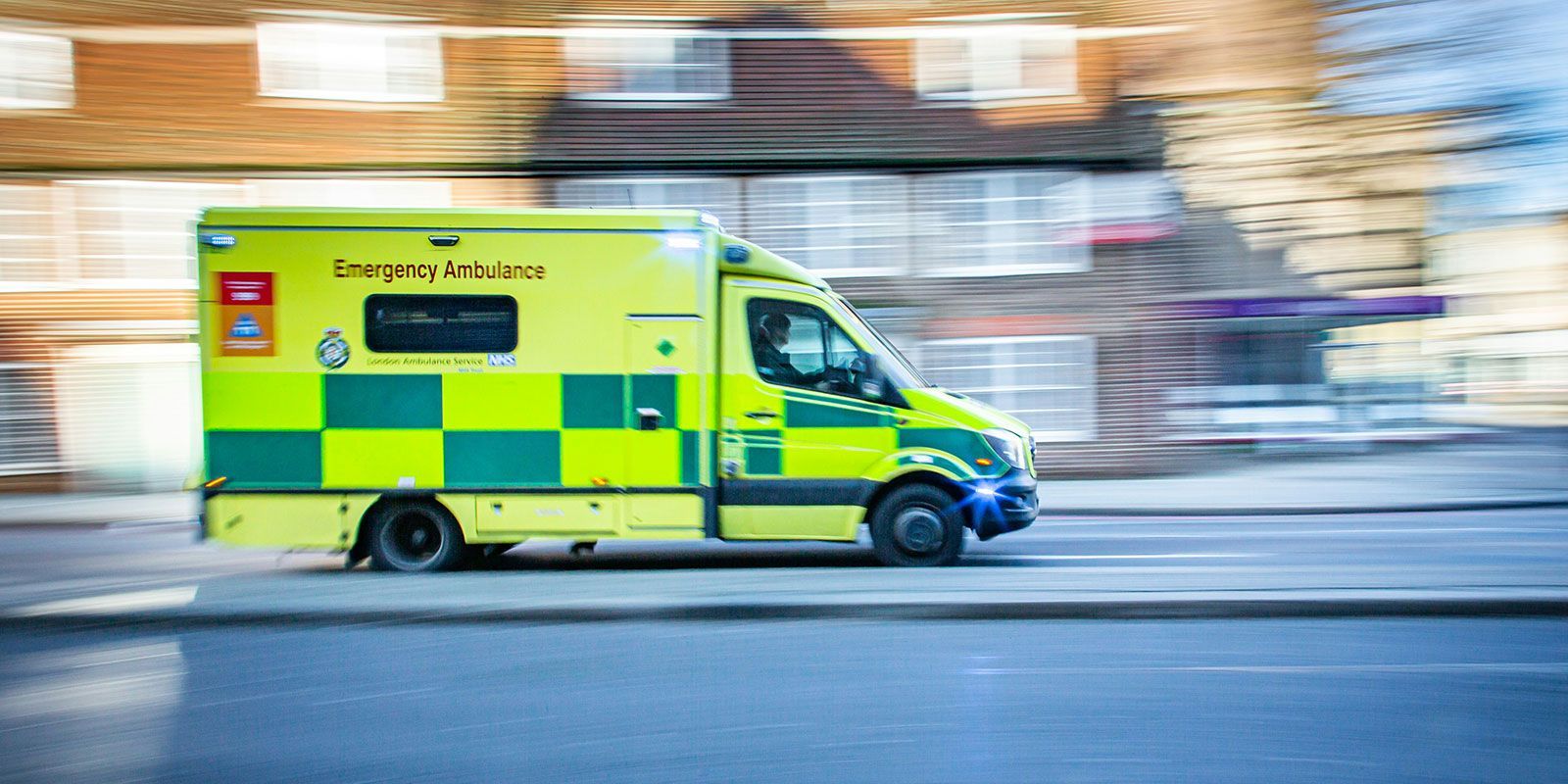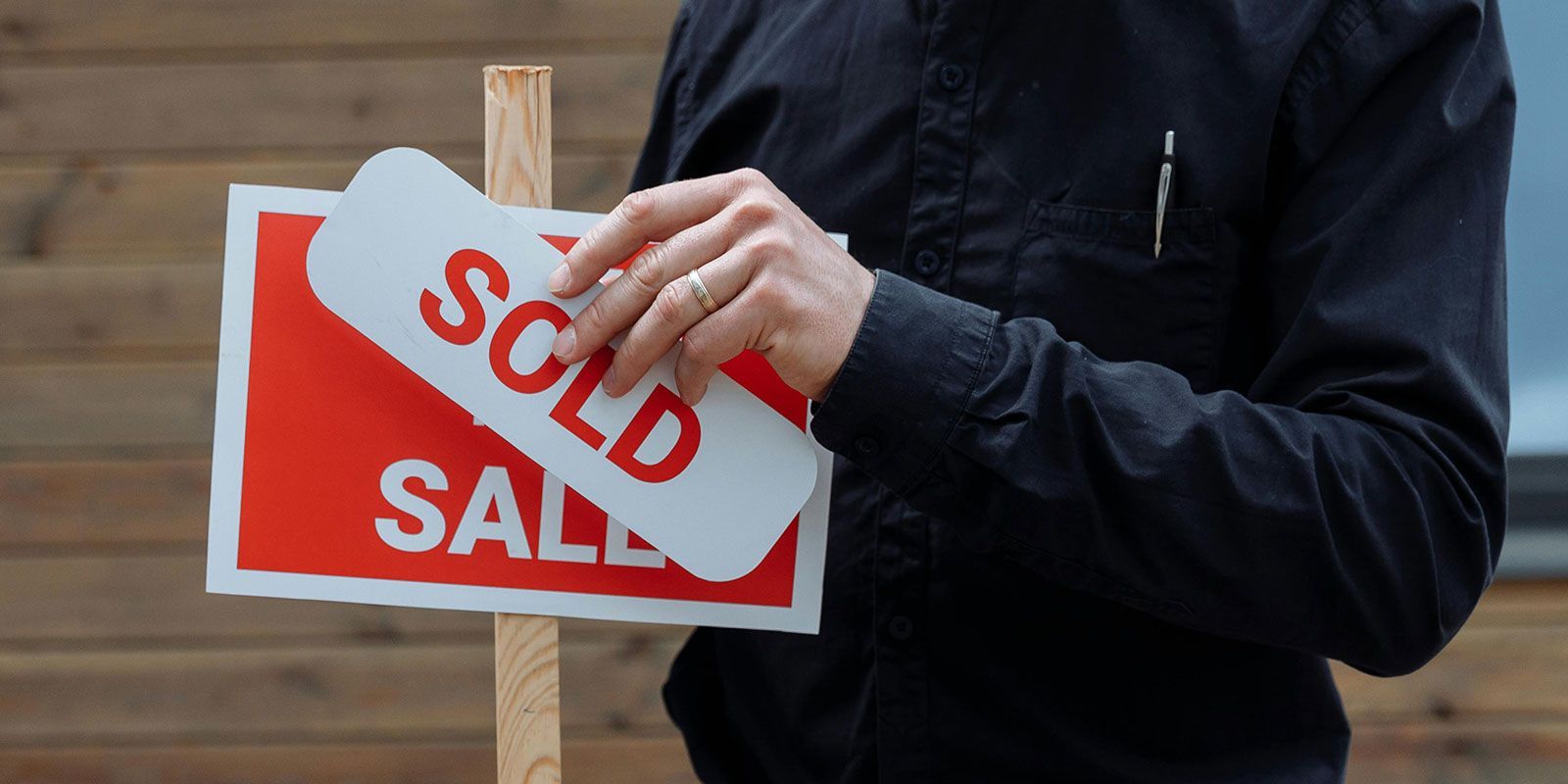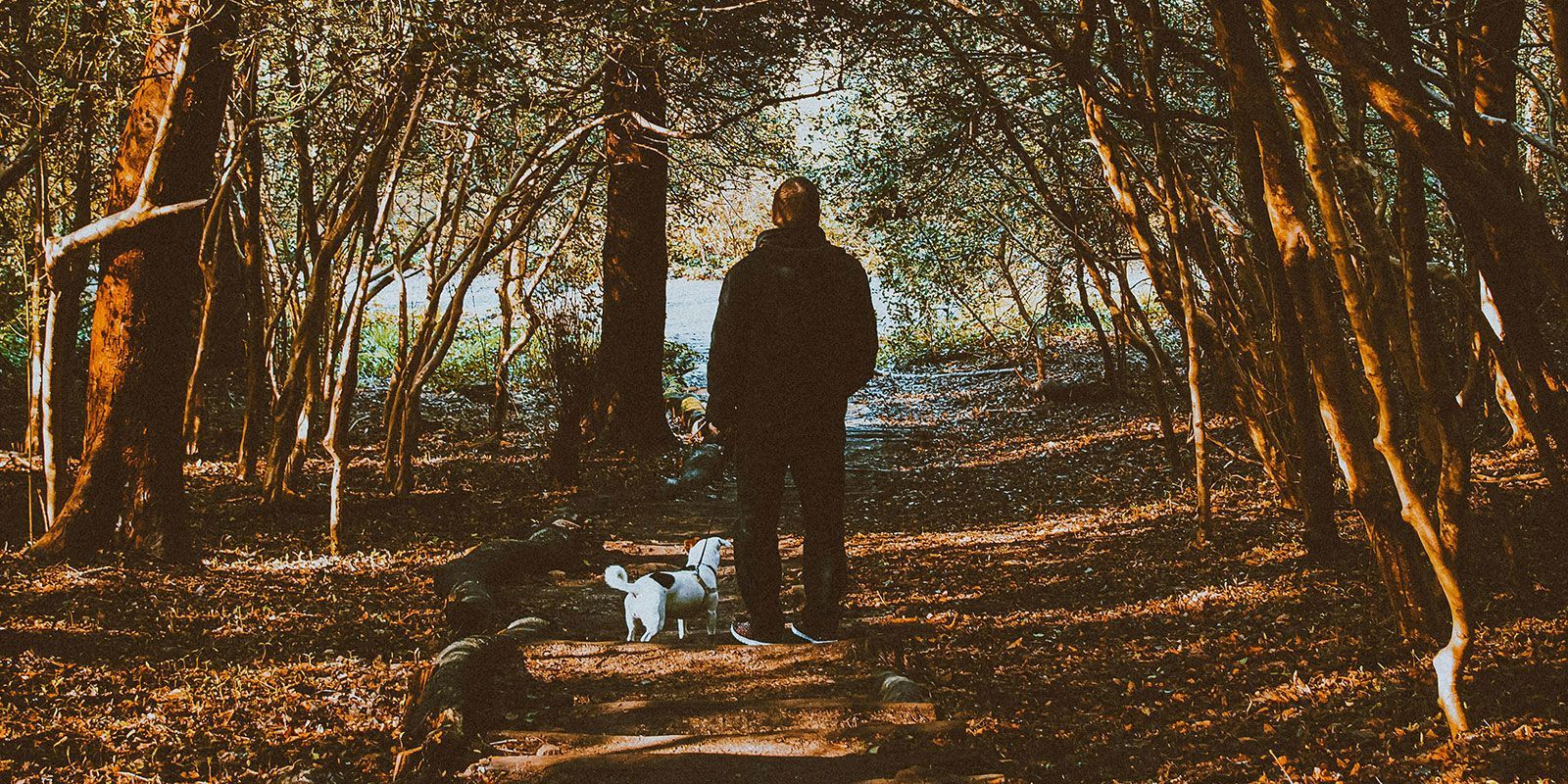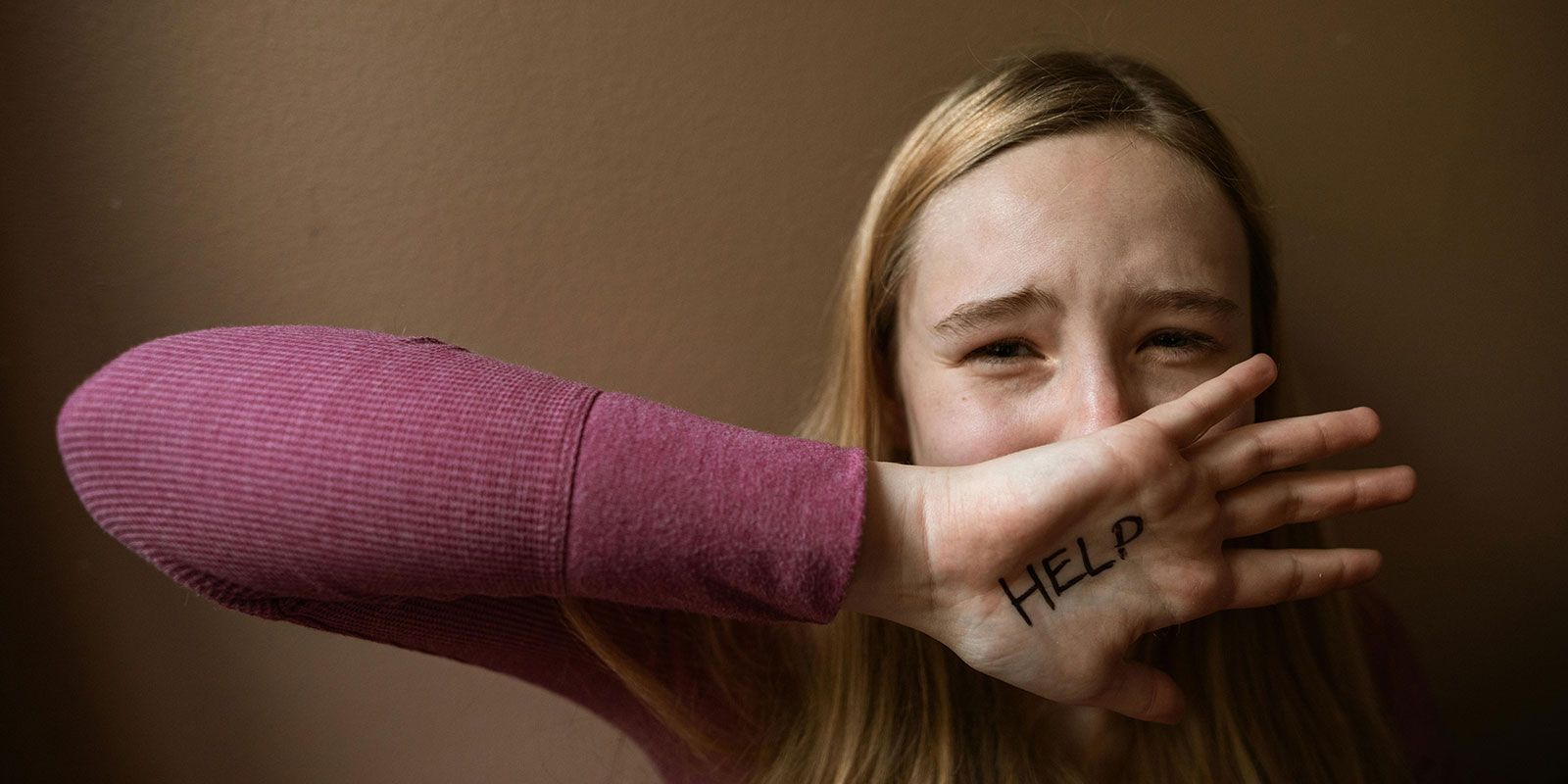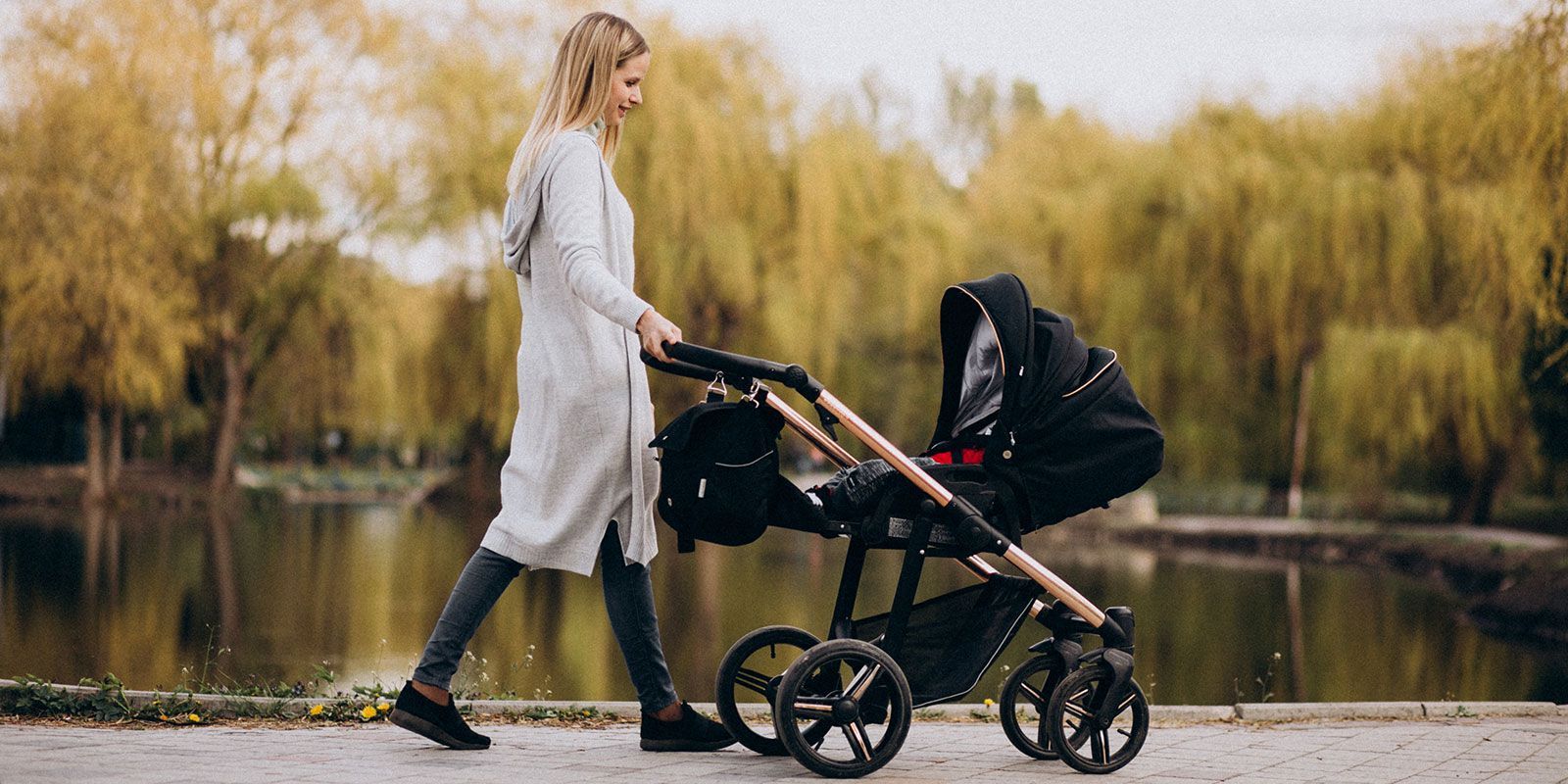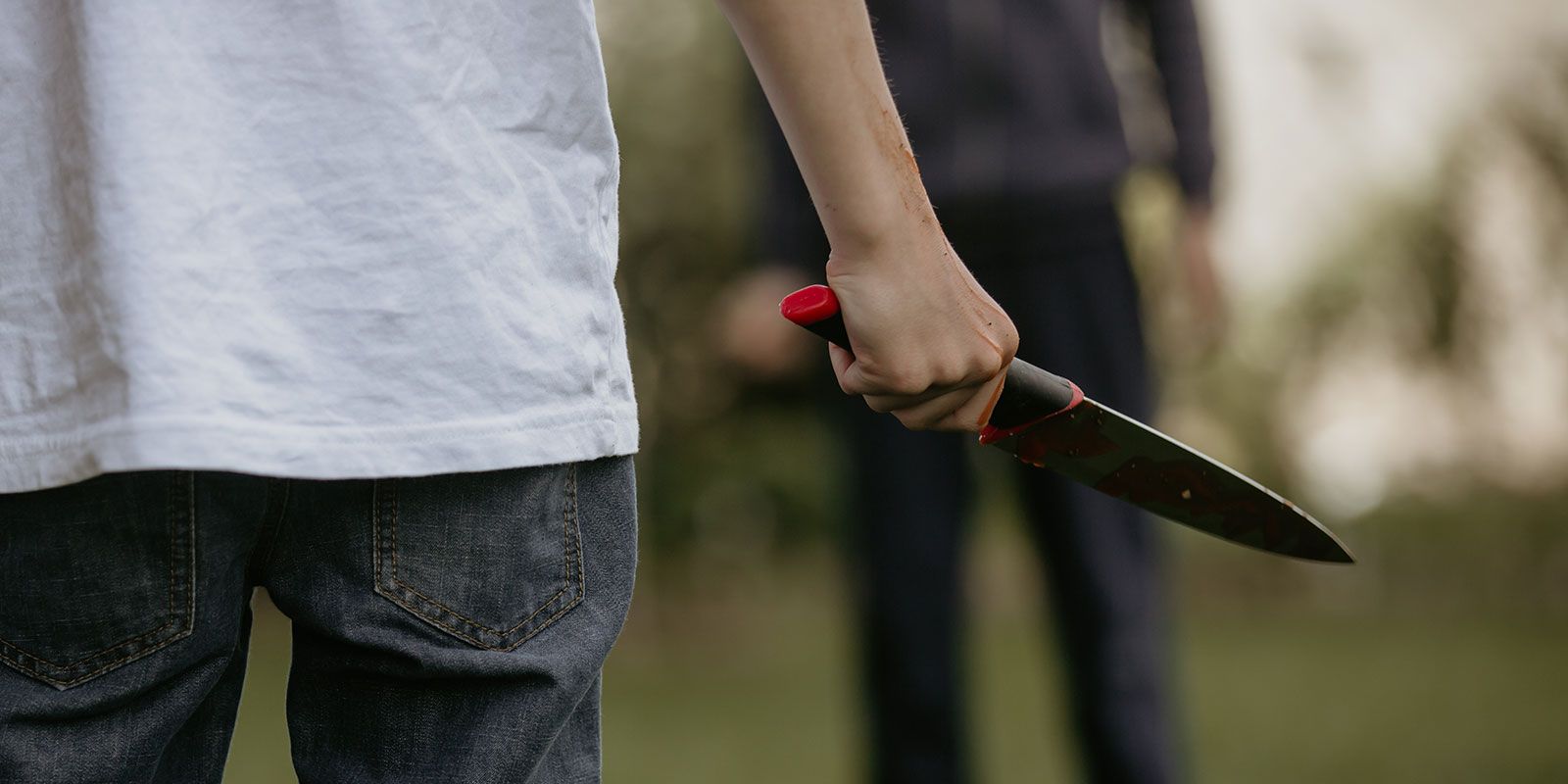
Why is knife crime amongst young people so high?
It’s depressing to keep reading about young people’s lives being affected by knife crime. Whether a knife is used as a threat to steal money or a phone or a disagreement at a party leads to a fatal attack, incidents involving knives are becoming increasingly prevalent.
Children are not born with a knife in their hands
Most children will never carry a knife but why is it that some do and not others? Is our society failing children and simply waiting for them to make a mistake before we intervene? Is it learnt behaviour from adverse childhood trauma, neglect, abuse, victimisation or exposure to violence?
If a child attends school, displays good values and behaviour do we assume they will continue to do so? Is it all about their home life or is it peer pressure and what they get up to with their mates? Do we pick up on the changes in a child’s behaviour (those teenage years are hard enough to navigate as it is)? Do we just accept that getting into trouble at school or being withdrawn at home is the norm and carry on with our busy lives?
So many questions and I most definitely don’t have any definitive answers! But what is clear is that there isn’t enough help and support available to young people. Schools are understaffed and under-resourced, the children’s mental health system is on its knees due to insufficient funding, youth services and useful community groups are disappearing at a rate of knots.
Without sufficient adult and professional guidance and support, children look to their peers. If those peer groups have ended up making poor choices, we are essentially allowing a Lord of the Flies society to grow and thrive. We can’t let that happen. Our young people deserve more.
So how can we keep our children and young people safe?
Raising awareness and building trust is key. I firmly believe that providing education within schools about knives and the reality of carrying a knife will have a positive impact. Helping young people understand about the danger of knives and the very grim reality of what happens when a knife is used – be that the injury to the victim, or even their death, the consequences for the perpetrator and the wider impact on the families of those involved – is crucial.
It’s not unlike the young driver education sessions that many sixth formers/college students attend. They are hard-hitting and offer multiple perspectives of those who have first-hand experience of crashes involving young drivers – from paramedics to survivors to parents who have lost their child. It’s designed to shock, it’s designed to make youngsters stop and think of what could happen to them. Likewise, we need more education around knives. Far from being cool or creating ‘street cred’, our young people need to understand the repercussions of carrying a blade. This then fosters positive values and norms within their friendship groups and gives them the knowledge and inner resolve to challenge the negative influences of those who are attracted to knives.
As part of this, kids need to be encouraged to report knife incidents and if they know someone who is carrying a weapon. Greater availability of blade boxes is also key – a child can safely discard of a blade without any fear getting into trouble.
At home, I believe it’s about having conversations about knives and how they ruin lives. Talk to them about their fears and worries. No matter where you live, no matter what school your children attend, no matter who they hang out with and where they go, life can change in an instant when a knife is involved.
Think about having a safety plan without it being too formal. It could be as simple as making sure your child always has their phone on them so that they can call for help. Remind them about using 999 if they are threatened or in danger. Check that they have enough money to get home safely. Discuss situational awareness, knowing their surrounds and the people they are with. Talk about their ‘inner alarm’, that gut feeling that something isn’t right and having the confidence to walk away or escape. Ask them to let you know if their plans change when they are out. Explain to them why it’s so important to tell you. It can be hard to strike a balance that suits both the parent and the child, especially as teenagers strive to become more independent, but agreeing to the use of a phone tracking app can only be a good thing.
How Krav Generation helps younger students
At Krav Generation we talk to teenagers about the repercussions of carrying a knife and provide scenario-based training to help them understand what could happen and how to deal with it. We’re not trying to turn them into heroes or make them think that challenging someone with a knife is easy. We teach them first and foremost to stay safe. We do everything we can to educate young minds, empower our students to know who they are and give them the confidence to reject the notion of carrying a knife for protection. By addressing the issue early, we may just stop so many knives being used on the street.
Krav Generation runs classes for children and teenagers in Addlestone and Esher – why not encourage your child to get involved, the first session is free!
